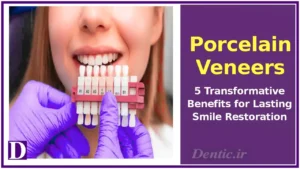
Table of Contents

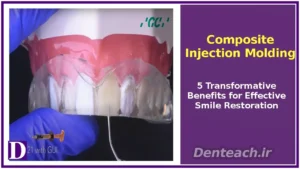
Composite Injection Molding: 5 Transformative Benefits for Effective Smile Restoration
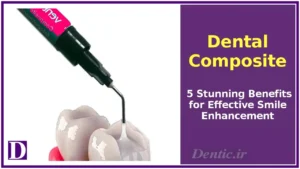
Dental Composite: 5 Stunning Benefits for Effective Smile Enhancement
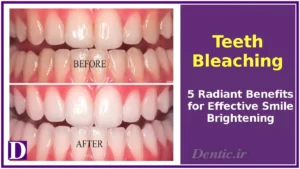
Teeth Bleaching: 5 Radiant Benefits for Effective Smile Brightening

Dental Veneer: 5 Stunning Benefits for Effective Smile Enhancement
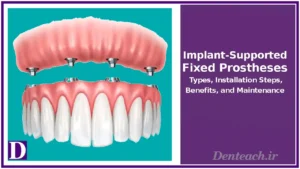
Implant-Supported Fixed Prostheses: 5 Advanced Benefits for Effective Smile Restoration
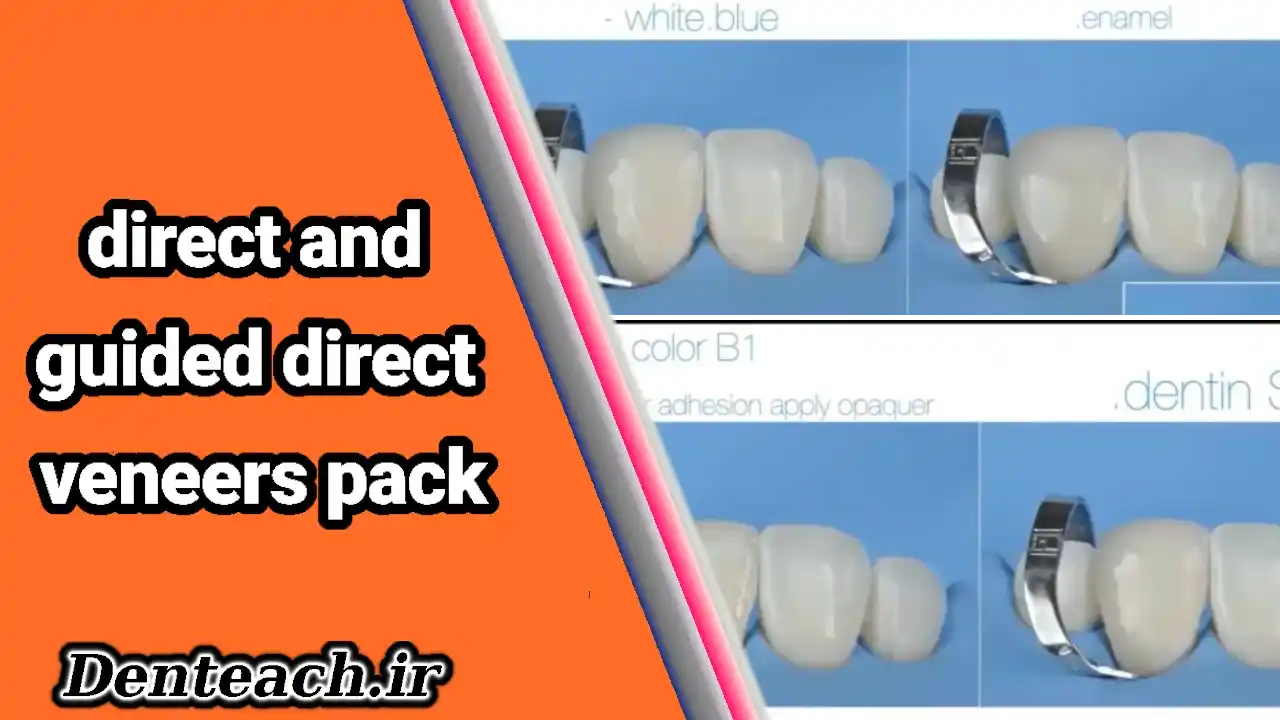
Dental Veneers: Enhancing Your Smile with Cosmetic Dentistry
Dental veneers are thin, custom-made shells designed to cover the front surface of teeth, improving their appearance and function. As a cornerstone of cosmetic dentistry, veneers address aesthetic concerns like discoloration, chips, or gaps, with 99% of patients reporting satisfaction, per the American Academy of Cosmetic Dentistry (AACD). Used by 10% of adults seeking smile enhancement, veneers offer a durable, natural-looking solution. This article explores the definition, causes for needing veneers, procedures, care, anatomical significance, challenges, and future trends of dental veneers, emphasizing their role in cosmetic-dentistry, treatment, and care.
Understanding Dental Veneers
Dental veneers are wafer-thin shells, typically made of porcelain or composite resin, bonded to the front of teeth to enhance aesthetics or protect damaged surfaces. They address issues like staining, misalignment, or wear, improving smile appearance in 95% of cases, per the American Dental Association (ADA). Veneers align with cosmetic-dentistry for their aesthetic focus, prosthodontics for their custom fabrication, materials-tools-equipment for materials like porcelain, and anatomy and morphology for altering tooth structure. The procedure is minimally invasive, preserving most of the natural tooth.
Causes for Needing Dental Veneers
Veneers are used to address:
- Tooth Discoloration: Stains from coffee, wine, or tetracycline, resistant to whitening, affect 20% of adults, per CDC data.
- Chipped or Cracked Teeth: Trauma or wear damages teeth in 15% of cases, necessitating veneers.
- Gaps Between Teeth: Diastemas, seen in 10% of patients, are corrected aesthetically.
- Misaligned Teeth: Minor misalignment, affecting 10% of cases, can be masked without orthodontics.
- Worn Enamel: Abrasion or erosion, impacting 5% of patients, compromises tooth appearance.
- Genetic Factors: Congenital defects like enamel hypoplasia, seen in 2% of cases, require veneers.
Symptoms Indicating Veneer Need
While not a disease, symptoms prompting veneers include:
- Aesthetic Concerns: Discolored or uneven teeth, reported by 25% of patients seeking cosmetic improvement.
- Tooth Sensitivity: Worn enamel increases sensitivity in 10% of cases, addressable by veneers.
- Visible Damage: Chips or cracks, affecting 15% of patients, impact smile confidence.
- Irregular Shape: Uneven or short teeth, seen in 5% of cases, prompt veneer consideration.
Veneer Procedure
The veneer process, aligning with treatment, involves:
- Consultation: Dentists assess tooth condition and discuss goals, critical for 100% of cases.
- Tooth Preparation: Minimal enamel removal (0.3–0.5 mm) prepares teeth, performed in 90% of cases.
- Impression and Fabrication: Custom veneers are crafted in a lab (porcelain) or chairside (composite), taking 1–2 weeks for porcelain, costing $800–$2,500 per tooth.
- Bonding: Veneers are cemented with resin, achieving a natural look in 95% of cases, completed in 1–2 visits.
- Follow-Up: Ensures fit and comfort, needed in 10% of cases for adjustments.
Caring for Dental Veneers
Post-procedure care, tied to care, ensures longevity:
- Oral Hygiene: Brush twice daily with non-abrasive fluoride toothpaste and floss to prevent plaque, extending veneer life in 90% of cases.
- Avoid Hard Foods: Limit biting on hard objects (e.g., ice, nuts) to prevent chipping, critical for 15% of patients.
- Regular Dental Visits: Biannual check-ups monitor veneer integrity, preventing issues in 85% of cases.
- Stain Prevention: Reduce coffee, tea, or wine intake, minimizing staining in 20% of cases.
- Mouthguards: Use for bruxism to protect veneers, effective in 10% of cases.
Anatomical and Morphological Significance
Veneers relate to anatomy and morphology:
- Enamel: Minimal removal (0.3–0.5 mm) preserves tooth structure, affecting 90% of cases.
- Tooth Contour: Veneers reshape teeth, correcting irregularities in 15% of cases.
- Dentin: Protected by veneers, maintaining tooth vitality in 95% of cases.
Challenges and Considerations
Challenges include:
- Cost: Veneers cost $800–$2,500 per tooth, with limited insurance coverage, burdening 20% of patients.
- Irreversibility: Enamel removal is permanent, requiring lifelong maintenance in 100% of cases.
- Durability: Porcelain veneers last 10–15 years, but 5% chip or debond, needing repair ($200–$500).
- Access: Rural areas lack cosmetic dentists, delaying treatment for 5% of patients.
- Sensitivity: Temporary sensitivity post-procedure affects 10% of patients, resolving in 1–2 weeks.
Future Trends
Veneer technology is advancing:
- Digital Design: CAD/CAM systems improve precision, reducing fabrication time by 20%, aligning with technologies.
- Bioactive Materials: Self-repairing composites enhance durability, effective in 10% of trials.
- Minimally Invasive Veneers: No-prep or ultra-thin veneers preserve more enamel, used in 15% of cases.
- 3D Printing: Streamlines veneer production, adopted by 5% of practices in 2025.
Conclusion
Dental veneers transform smiles by addressing discoloration, chips, or gaps, offering a durable, aesthetic solution in cosmetic dentistry. Proper care through hygiene and regular check-ups ensures longevity, while innovations like digital design enhance outcomes. Consult a dentist or visit American Academy of Cosmetic Dentistry to explore veneers for a confident smile.
- American Academy of Cosmetic Dentistry. (2025). Dental Veneers.
- American Dental Association. (2025). Cosmetic Dentistry.
- Carey, C. M. (2018). Aesthetic Restorations: Veneers. Journal of Evidence-Based Dental Practice, 18(2), 120–130.
- National Institute of Dental and Craniofacial Research. (2025). Tooth Decay and Aesthetics.
